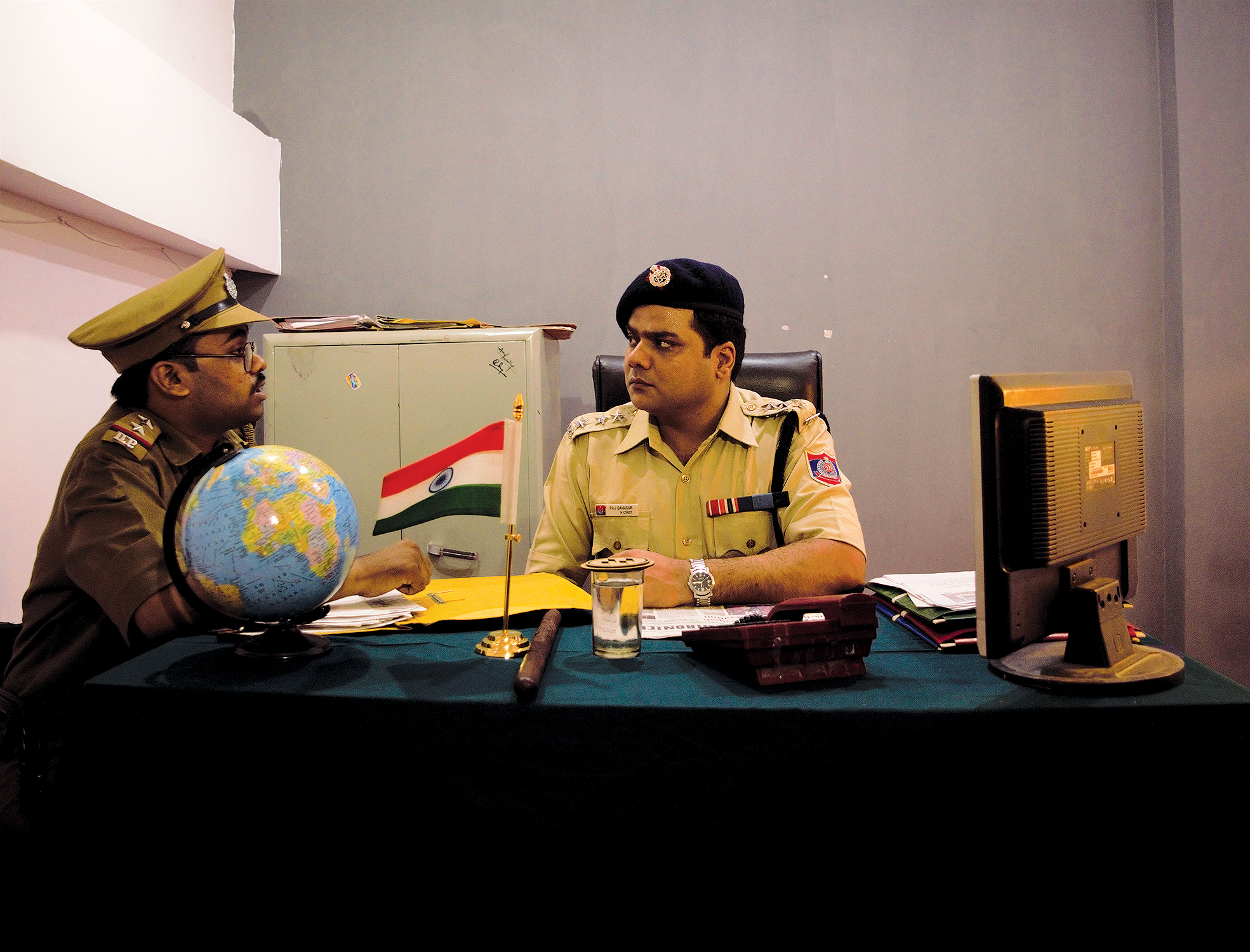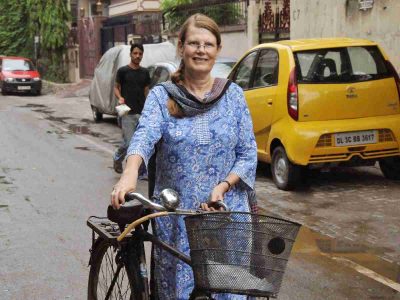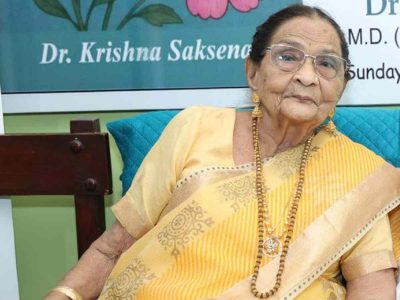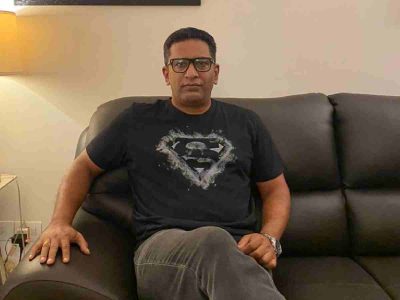Theatre director and writer Manil Mayank Mishra talks about his upcoming play 36 Defence Colony and his journey in theatre so far
Exploring the relationship between power, preservation and pleasure, 36 Defence Colony is a story about Delhi’s high society, as the name suggests. Marked with suspense and humour, the beauty of this thrilling murder mystery lies in its realism. It seems like it is happening right in your living room. The production brings to the limelight a different side of the police and what all happens behind the curtains.
Patriot catches up with the writer-director Manil Mayank Mishra, as he shares what got him to write this play and the challenges facing theatre. Excerpts from the conversation:
Could you please tell us the essence of your production 36 Defence Colony?
The USP of the play is the reality and the realism of the production. The backdrop of the story is a murder that has happened in a fictitious house in Delhi. The address of this house is 36 Defence Colony. An ACP and sub-inspector of Delhi police are investigating the case.
The essence of the story is that we are not creating any hyperbole or any larger-than-life image of the police officers. They are just doing their jobs. There are seven other characters in the play — all of whom are suspects. The progression of the story is very linear. It does not create any kind of imagery or understanding from the audience’s perspective that we are watching a film. It’s more like an extension of everyday and everybody’s life.
We have also tried to keep the play ideologically neutral. A lot of research has gone behind this production. We bring in a lot of established notions where we try to create an understanding in the audience’s mind that police do not work the way it is shown in films. We tried to bring forth what exactly happens behind the curtains. Our intention is to show that policemen are also human beings and are bound to make mistakes, just like anyone else.
When did you write the play and how many times has it been performed till date?
This play opened in 2015 and we had two-three shows that year, but we got busy with other productions which were commercially more viable. However, in December 2018, someone suggested that we revive it again. I have written around eight plays and this one is the most respected out of the lot.
What propelled you to go ahead and choose this subject?
My father is a police officer, hence since childhood I have been familiar with the men in khaki. So, I thought why not write a play about the policemen, especially at a time when people are more inclined towards forming their own opinion without going through proper research. I wanted to portray their perspective. And since I have seen my father, I have observed their story from close quarters.
We tried to break the idea that police will always be corrupt or use foul language or misbehave with common men. There are different kinds of people in all professions and the same holds true for the police. I have spent three months interviewing different police officers and visited different police stations, to understand what Delhi Police is all about.
How did you get introduced to the world of theatre?
Unlike most people, I was a film person first and then later on moved to theatre. I have worked in several films and ads. When I was studying law in Delhi University, I did my first film (as an actor) — No One Killed Jessica. Actually acting was always there, I performed in school plays and also in some others during my undergraduate days in Kirori Mal College.
The writing part of theatre came after a producer read some of my poetry and got in touch with me to adapt a Vijay Tendulkar’s play to the contemporary times. The play went on to become a success and someone from the audience suggested I start writing my own plays. That’s how 36 Defence Colony happened.
Being a student of DU, do you feel that the environment in the university now is still conducive for nurturing the creative talents of students?
DU provides you with a lot of exposure, platform and space. It is you who will have to decide whether you want to make good use of it or not. Even in our times there used to be students who would pack up their bags and leave if there were some film screening. DU has always been very volatile and very giving in terms of providing a creative environment.
A lot of acting schools that have mushroomed. Is it important to get any kind of formal training before making your way into this profession?
No, I don’t think so. Acting can never be taught, it can only be learned. I have never received any kind of training but I still act in films and theatre. I don’t feel acting schools are imperative or indispensable.
Good acting schools like NSD, SRFTI can only provide a conducive and organised environment for one to develop, which otherwise is not available. There are good critics and equipment, and logistically one will get a lot of help. The others are simply money-minting bodies.
What are the challenges of the theatre scene in Delhi?
The first challenge would be that the new writers and directors do not have any support system. People who have money but no understanding of theatre have booked up spaces just because they can afford it. We want producers who have a basic understanding of theatre and also encourage new directors to come up. They always go for established faces for financial reasons. The money is not invested on the content but on faces. If you bring in a celebrity, tickets are sold out.
Secondly, there are no alternative spaces in the city. Any theatre you want to book comes for a cost of Rs 50,000–60,000. Spaces for rehearsal are also a problem. I know a lot of directors and writers who are unable to pursue theatre because they don’t have funding.
The play will be performed at Lok Kala Manch on September 1





